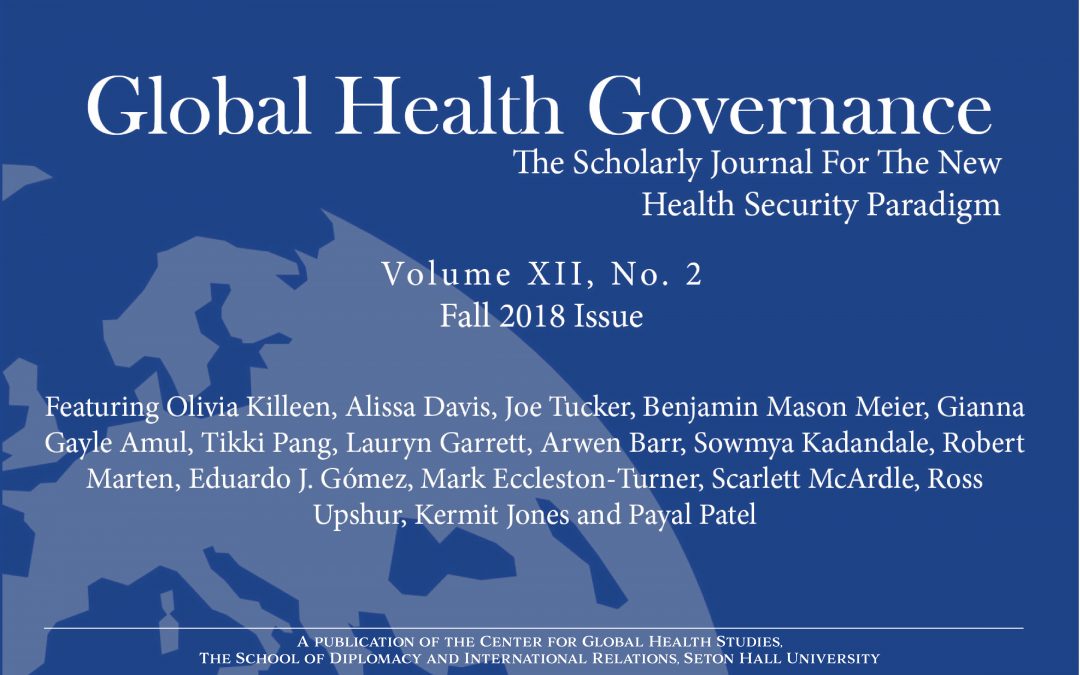by Kermit L. Jones and Payal K. Patel
In 1847, the Hungarian physician Ignaz Semmelweis determined that reasonable hand sanitation measures dramatically decreased infectious disease1 transmission and death in a European maternity ward. His discovery was so well received that not long after, he was fired and committed to a mental asylum. There, as irony would have it, he died of likely infectious disease-related sepsis. One hundred and seventy years later, people still die unnecessarily from lack of proper and simple public health measures such as handwashing; rather now, their deaths are due to increasingly resistant antimicrobials, and not in a single maternity ward, but all over the world.
Declaring it a “crisis we cannot ignore,” in September 2016, all 193 Member States of the United Nations General Assembly pledged to take action against the threat of rising antimicrobial resistance (AMR). Recently, the UK government launched a £10 million research competition2 for innovations combating AMR. On this side of the Atlantic, over the past two years, the CDC has used several million dollars in Congressionally appropriated funds to launch an initiative3 focused on strengthening lab networks, sequencing bacteria genomes and containing novel resistance threats. While these are powerful first steps, we argue that to date, too little concerted action has been done to combat the resistance catastrophe that many infectious disease experts predict is just over the horizon4. We propose a shift away from individual initiatives and a focus on combined action to: (i) scale currently effective containment strategies beyond high income countries and to global transit hubs and densely populated regions where they are most needed; and (ii) use high level diplomatic efforts to facilitate the creation of assistant secretary and junior level minister positions within member states focused exclusively on antimicrobial resistance. Only multilateral moves such as these will bring the level of operational expertise needed to effectively address this problem before it is too late …

